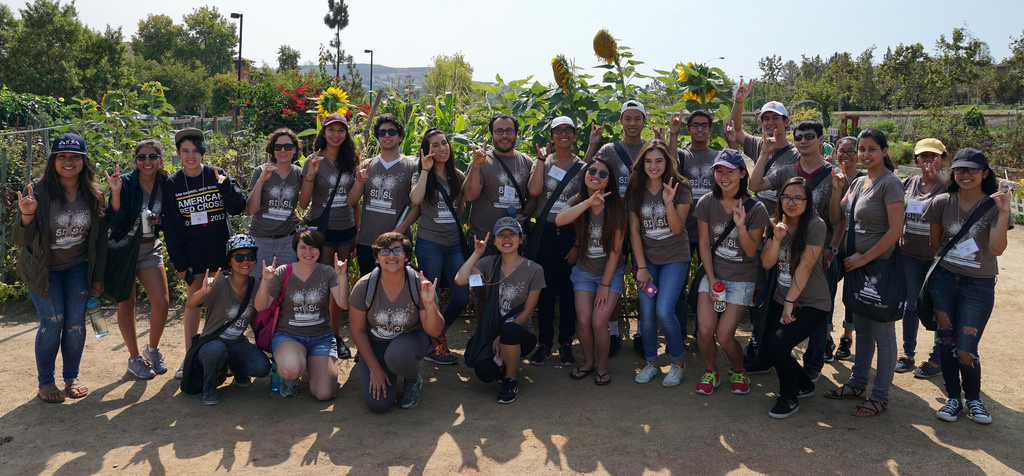UCI Center in Law, Society and Culture’s Socio-Legal Studies Workshop will be held from 12:00 to 1:15 p.m. in Room 3500 of the Law School. Lunch will be provided.
Ian Baran, Ph.D. candidate in Planning, Policy and Design, UCI School of Social Ecology, will discuss his paper, “Environmental Justice and Abolitionist Movements”
Abstract:
Environmental injustice has been a cause for action in the 21st century. Yet, environmental movements on the whole are largely thought as containing color-blind philosophies, lacking a critical, structural analysis. Critical geography and carceral studies build frameworks showing the unequal development upon oppressed communities becoming those most effected by environmental degradation, capitalist accumulation and dispossession. These same communities are those that end up coming into contact with the prison industrial complex. This creates an important rural-urban-environmental connection that cannot be neglected. Through making these connections and rallying around the environmental injustices perpetuated by the prison industrial complex, abolition movements have been harnessing tools used to further disrupt state plans for further expansion, or reform, of the prison industrial complex. Additionally, these tools, such as Environmental Impact Reports (EIRs), pose an opportunity for advancing an abolition framework through new strategies aligned with environmental justice movements. My analysis centers the current prison abolition movements and environmental movements. How can environmental movements adopt an abolitionist framework? Two, can tools of governance be used to pursue abolitionist reforms? I aim to push geography and planning through an abolitionist approach that includes an environmentalist ethic situated within racial capitalism. This includes thinking through the role of the grassroots planner using tactics in broader strategies to prevent the construction of new jails and prisons. The carceral landscape forced upon the world surveils radical movements, and yet multiple pathways are made through various modes of resistance, pushing a critical environmental analysis with an abolitionist framework.



